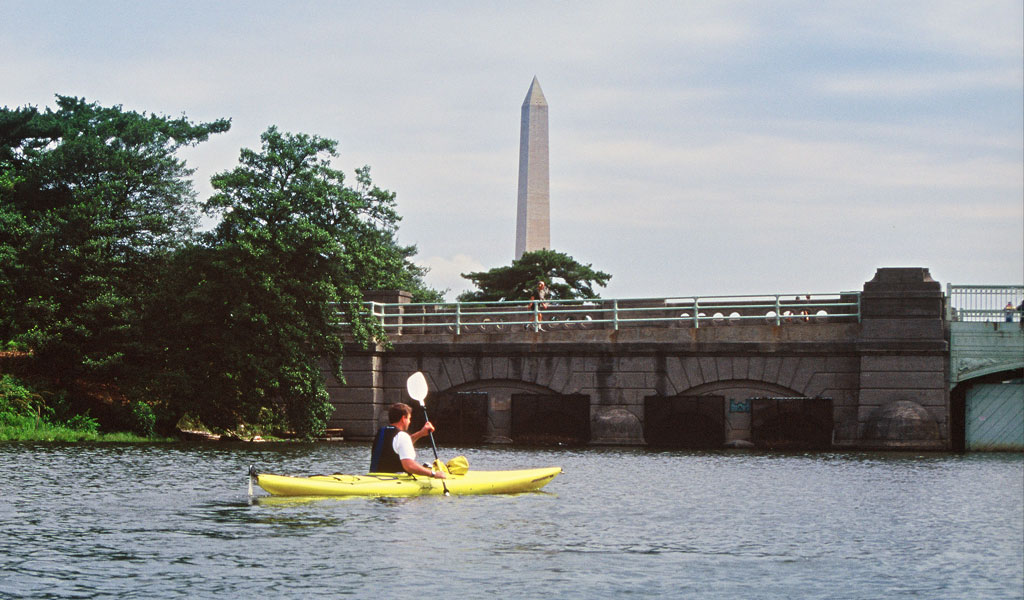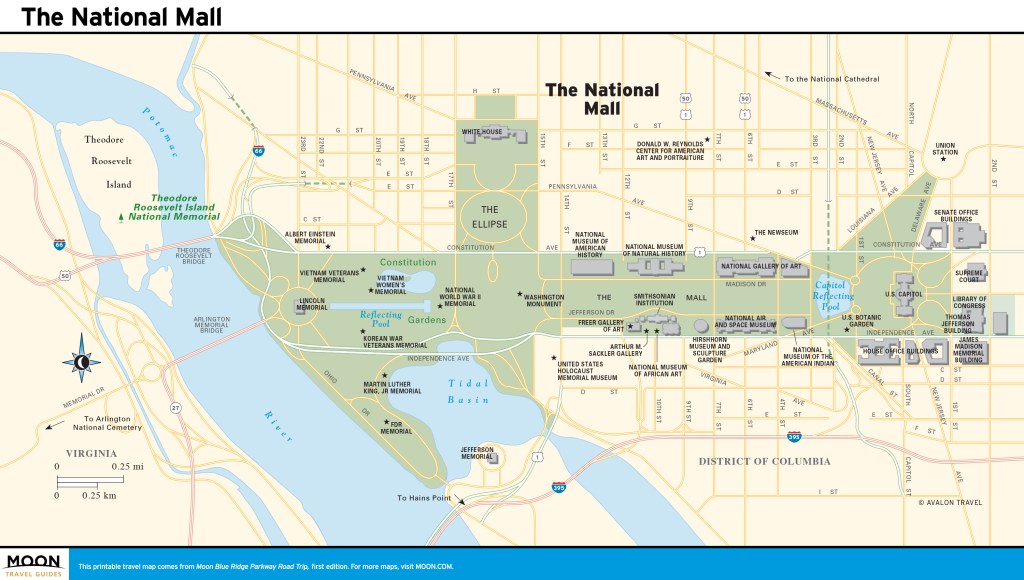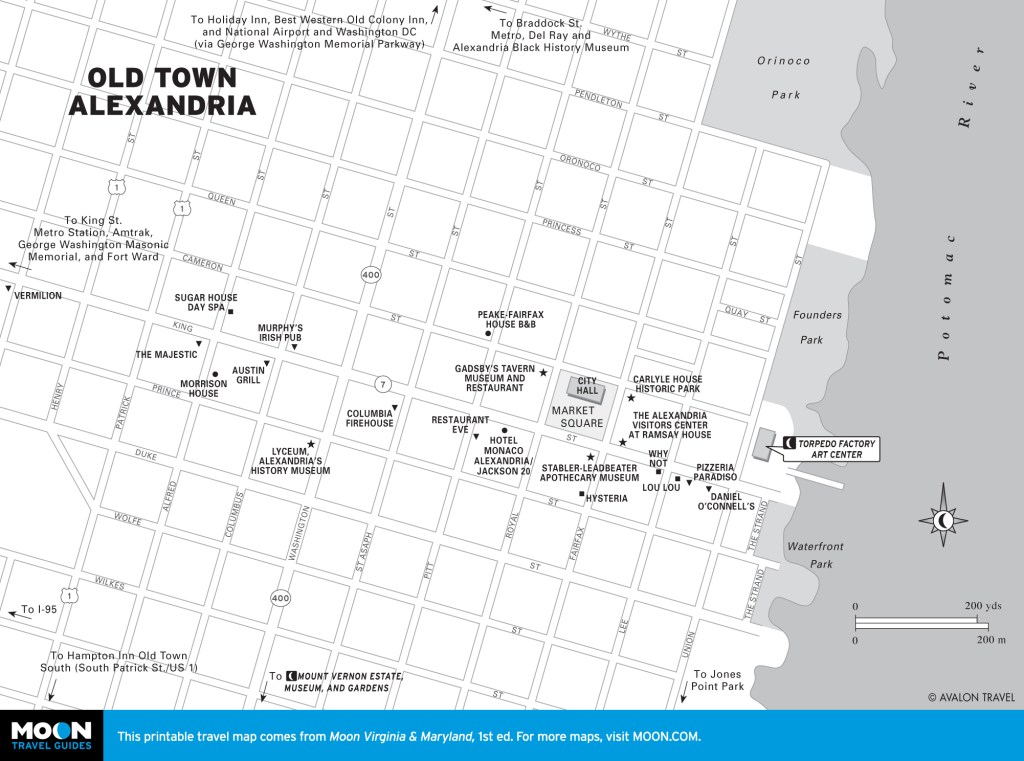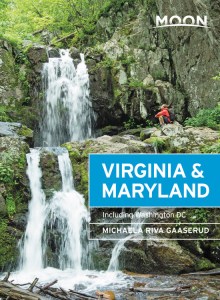Kayaking the Potomac River
A sleeping giant. The brain of our great country at rest. This is how Washington DC strikes me as I glide silently through the waters of the Potomac River in my kayak at dawn. Viewing the city from inside a 40-pound shell of fiberglass could be intimidating, but instead it offers welcome perspective on this notorious icon of the free world.
From the cockpit of my kayak, I see the natural beauty of the river, the architectural splendor of our national monuments, and the diversity of cultures that blend together to offer visitors a vast array of choices for entertainment, dining, and leisure activities. I know that members of Congress, Supreme Court Justices, and even the President himself are sleeping behind the breakwall of the river. In the Capitol Building, its dome rising out of the landscape in the distance, the laws we live by are written and signed.

I prefer to paddle in the morning. It is a special time of day on the Potomac. Nature abounds on the Virginia shoreline, and gulls fly overhead as a subtle reminder that downstream sits the grand Chesapeake Bay. I’m joined on the water in the early hours by local crew teams from several universities and the occasional pleasure boat. The river is peaceful, although it is still best to stick near the shoreline to avoid boat traffic.
The Potomac River is the fourth largest river along the Atlantic Coast, and the currents and water levels can fluctuate with the weather and seasonal changes. It is not always possible to paddle safely after heavy rain or in the spring when snow melt upstream impacts water levels. The Potomac is also impacted by tides from around Washington DC down to the Chesapeake Bay.
Those who don’t have their own boats can easily rent one from the Key Bridge Boathouse. They open at 8am on weekends during the summer months and provide terrific access from Georgetown.
Newsletter Signup
By clicking ‘Sign Up,’ I acknowledge that I have read and agree to Hachette Book Group’s Privacy Policy and Terms of Use
When I launch near the Key Bridge, I most often paddle downstream by the National Mall under the majestic Roosevelt, Arlington Memorial, and 14th Street bridges. The river in this area offers a natural boundary between Virginia and Washington DC. Away from the bustle of traffic, I have the opportunity to pause as long as I wish to take in the Washington Monument, Lincoln Memorial, and many other national treasures.
If you have transportation available for a one-way paddle, you can drop a car off at Belle Haven Marina (about 10 miles downstream on the Virginia side). This allows for a very leisurely trip down the river. Just after passing under the Key Bridge, you’ll see Theodore Roosevelt Island. This 88-acre island stretches past the Roosevelt Bridge and is a combination of swamp, marshland, and forest. The island itself is a memorial to the 26th president, who was a conservation advocate.
I normally paddle on the DC side of the island so I can enjoy the city landscape, which includes the famous Watergate complex and the John F. Kennedy Center for the Performing Arts. The impressive Lincoln Memorial looks out over the Arlington Memorial Bridge, which is widely known as the most beautiful bridge in Washington DC. The bridge is also a symbol of unity between the North and South since it is aligned between the Lincoln Memorial and the Robert E. Lee Memorial (Arlington House). It is hard to fully appreciate the bridge until you’ve paddled under its grand belly.

My favorite time of year to paddle is during the cherry blossom season in early April. The puffy pink blossoms are truly a wonderful spectacle. Even though you cannot paddle into the Tidal Basin by the Jefferson Memorial (located past the Memorial Bridge and before the 14th Street Bridge), the pretty little trees can be seen surrounding the shoreline, and the cockpit of your kayak offers welcome seclusion from the crowds.
Opposite the Tidal Basin, near the Virginia shore, are Columbia Island and the Columbia Island Marina. There is a boat ramp there if you need to stretch your legs or use the restroom. Be aware that there is an “open speed zone” on the river between the Memorial Bridge and the 14th Street Bridge, so motorized boats can go as fast they like. Use extreme caution when crossing the river.
Continuing under the multiple spans of the 14th Street Bridge is East Potomac Park and Haines Point, where the Anacostia River meets the Potomac. Not far past this point, Ronald Reagan National Airport comes into sight on the right bank. On days I don’t stop at the Columbia Island Marina, I often stop for a break at Gravelly Point Park instead, which is between the 14th Street Bridge and the airport.

After passing the airport, Old Town Alexandria (on the Virginia side) will come into view. Alexandria is a marvelous place that dates back to 1669, when the land was purchased by a Scotsman named John Alexander from an English captain for the sum of 6,000 pounds of tobacco. Belle Haven Marina is located in Alexandria, a little more than a mile past the Woodrow Wilson Memorial Bridge. There is public parking, a boat ramp, and restrooms. Kayaks are also available for rent at the marina.
I’ve lived in the Washington DC region my entire life, yet this particular paddle on the Potomac never ceases to be awe-inspiring. There is something calming about seeing the city from the water. Maybe it’s the silence, maybe it’s the ability to take a step back from the busy streets, or maybe it’s the window into the natural beauty of an area that is normally overshadowed by politics and the excitement of the city. Whichever it is, I will continue to make my regular morning outings on this historic river and highly recommend it to anyone who has the chance.
Newsletter Signup
By clicking ‘Sign Up,’ I acknowledge that I have read and agree to Hachette Book Group’s Privacy Policy and Terms of Use
Pin it for Later


